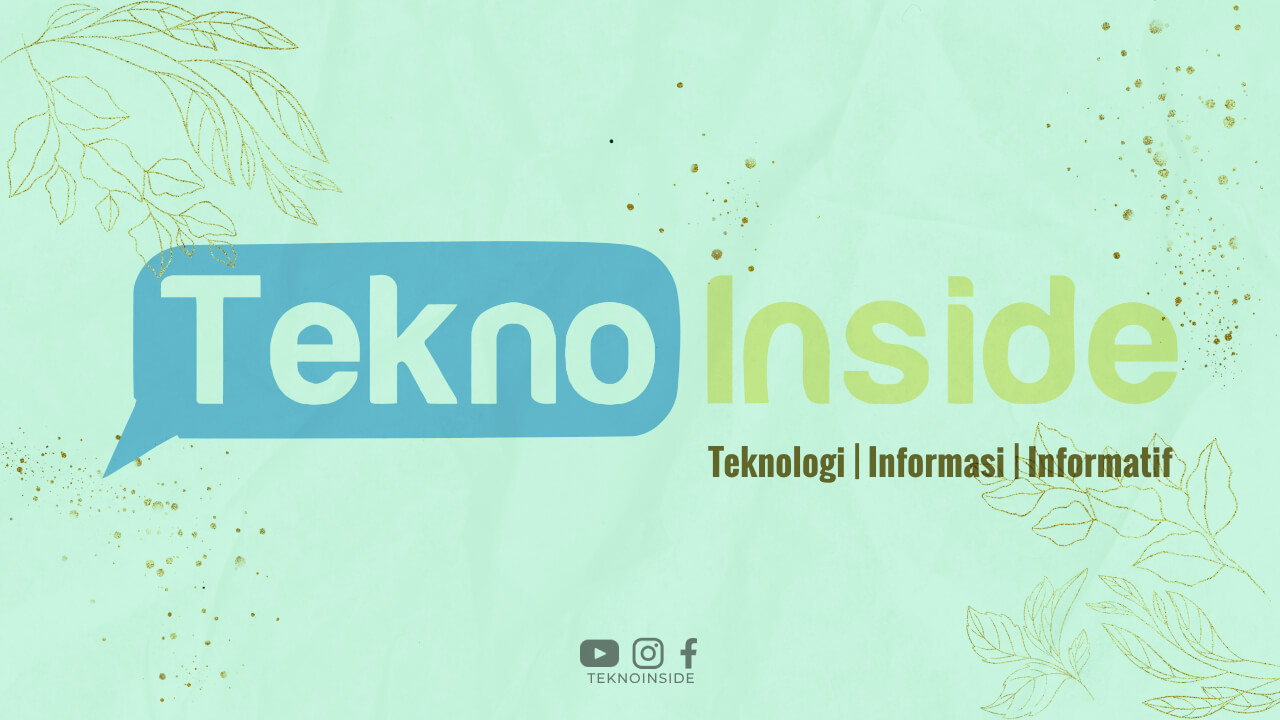Introduction
As the internet continues to revolutionize the way we live, it has also had a profound impact on the world of marketing. With the rise of online platforms and digital tools, businesses have been presented with new and exciting opportunities to reach their target audience. In this article, we will explore the various ways in which the internet has transformed marketing strategies and how businesses can leverage these changes to their advantage.
The Shift from Traditional to Digital Marketing
Gone are the days when businesses solely relied on traditional marketing channels such as print ads, billboards, and television commercials. The internet has provided a more cost-effective and targeted approach to marketing. With just a few clicks, businesses can now reach a global audience through social media platforms, search engines, and email marketing campaigns.
Increased Reach and Targeting
The internet has effectively eliminated geographical barriers, allowing businesses to expand their reach beyond local markets. With the right digital marketing strategies in place, businesses can now target specific demographics, interests, and behaviors. This level of precision targeting ensures that marketing efforts are not wasted on uninterested or irrelevant audiences.
Improved Data Tracking and Analytics
One of the greatest advantages of internet marketing is the ability to track and analyze data in real-time. Through various online tools and platforms, businesses can gain valuable insights into consumer behavior, preferences, and conversion rates. This data-driven approach enables marketers to make informed decisions and optimize their campaigns for better results.
Cost-Effective Advertising Options
Traditional advertising methods often come with hefty price tags, making it difficult for small businesses to compete with larger corporations. However, the internet has leveled the playing field by offering cost-effective advertising options such as pay-per-click (PPC) advertising and social media ads. These methods allow businesses to set their budgets and only pay for actual results.
Instant Communication and Customer Engagement
The internet has opened up new avenues for businesses to communicate and engage with their customers. Social media platforms, online forums, and instant messaging apps provide businesses with the opportunity to address customer queries, gather feedback, and build relationships in real-time. This level of instant communication helps businesses build trust and loyalty among their target audience.
Content Marketing and Search Engine Optimization (SEO)
With the internet becoming saturated with information, businesses need to find creative ways to stand out from the crowd. This is where content marketing and search engine optimization (SEO) come into play. By creating high-quality and relevant content, businesses can attract and engage their target audience, while SEO techniques ensure that this content ranks higher in search engine results.
Personalized Marketing Experiences
The internet has allowed businesses to personalize their marketing messages and experiences like never before. With the help of cookies, browsing history, and user preferences, businesses can deliver tailored advertisements and recommendations to individual users. This level of personalization not only enhances the user experience but also increases the likelihood of conversions.
The Rise of Influencer Marketing
Influencer marketing has become a powerful tool for businesses to leverage the internet’s reach and influence. By partnering with influential individuals on social media platforms, businesses can tap into their followers’ trust and credibility. This form of marketing has proven to be highly effective in reaching niche audiences and driving brand awareness.
Mobile Marketing and Accessibility
The widespread use of smartphones has further expanded the reach of internet marketing. With mobile-friendly websites, mobile apps, and location-based marketing, businesses can now connect with their target audience anytime and anywhere. Mobile marketing ensures that businesses can reach consumers even when they are on the go, making it a crucial aspect of modern marketing strategies.
E-commerce and Online Shopping
The internet has revolutionized the way consumers shop, giving rise to the popularity of e-commerce. Now, businesses can sell their products and services directly to consumers online, eliminating the need for physical stores and reducing overhead costs. This shift towards online shopping has opened up new opportunities for businesses to showcase their products, offer personalized recommendations, and provide seamless purchasing experiences.
Conclusion
In conclusion, the internet has had a profound impact on marketing strategies and has opened up a world of opportunities for businesses. From personalized advertising to real-time data tracking, businesses now have the tools and resources to reach their target audience more effectively. As technology continues to evolve, marketers must stay updated with the latest trends and adapt their strategies to fully harness the power of the internet in their marketing efforts.

